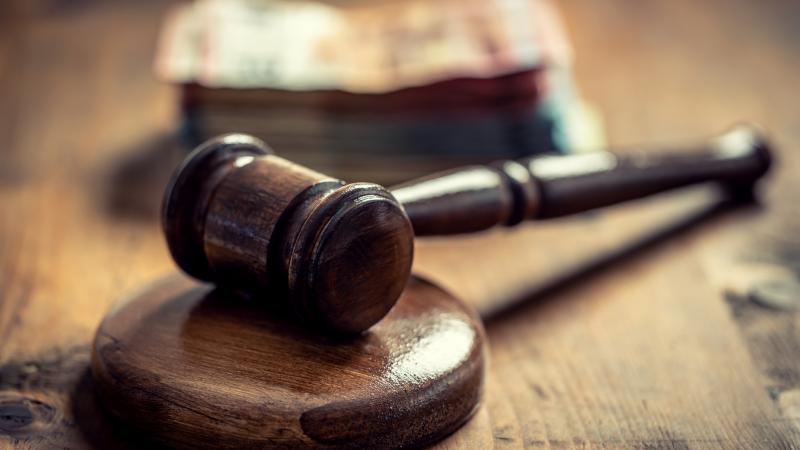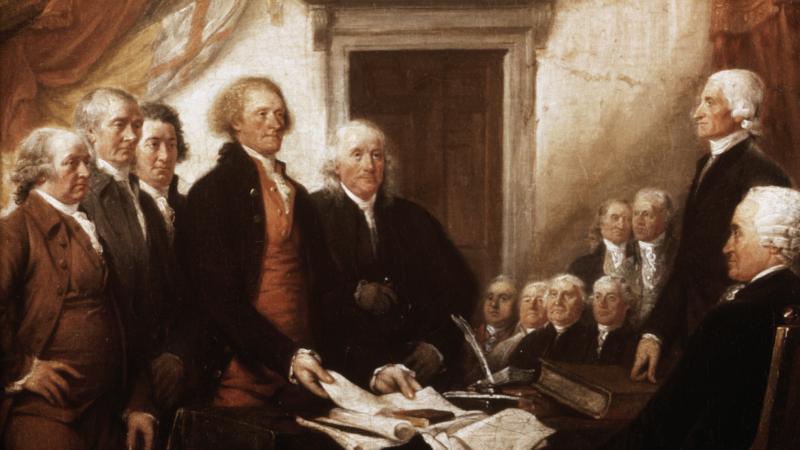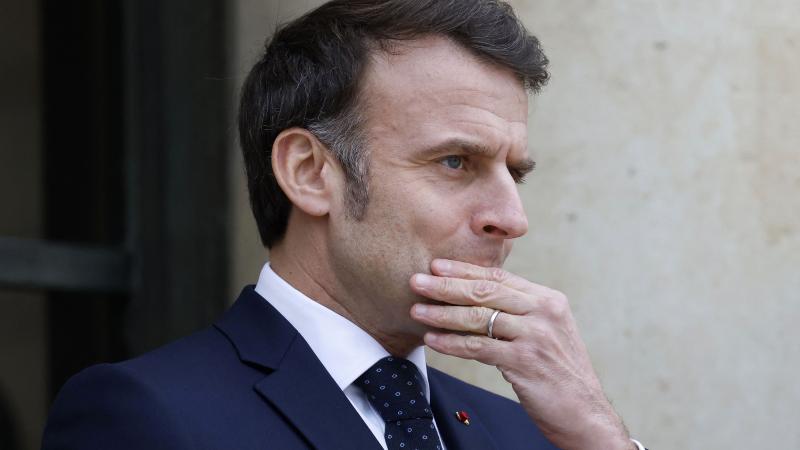Supreme Court narrows judicial blocks on birthright citizenship executive order
The Supreme Court on Friday granted the Trump administration's request for partial stays of lower court orders blocking the enforcement of his birthright citizenship executive order.
The Supreme Court on Friday granted the Trump administration's request for partial stays of lower court orders blocking the enforcement of his birthright citizenship executive order.
The court's decision did not determine whether President Donald Trump's birthright citizenship executive order ran afoul of the citizenship clause of the 14th Amendment. Instead, it found that the lower courts likely lacked the authority to impose universal injunctions and instead limited them to protect the plaintiff parties.
"The issuance of a universal injunction can be justified only as an exercise of equitable authority, yet Congress has granted federal courts no such power," wrote Associate Justice Amy Coney Barrett. Chief Justice John Roberts and Associate Justices Brett Kavanaugh, Samuel Alito, and Neil Gorsuch joined her opinion. Associate Justice Clarence Thomas concurred.
"Here, prohibiting enforcement of the Executive Order against the child of an individual pregnant plaintiff will give that plaintiff complete relief: Her child will not be denied citizenship. And extending the injunction to cover everyone similarly situated would not render her relief any more complete," the justices found.
"When a court concludes that the Executive Branch has acted unlawfully, the answer is not for the court to exceed its power, too," Barrett wrote. "The Government’s applications for partial stays of the preliminary injunctions are granted, but only to the extent that the injunctions are broader than necessary to provide complete relief to each plaintiff with standing to sue."
File
The Facts Inside Our Reporter's Notebook
Documents
File















